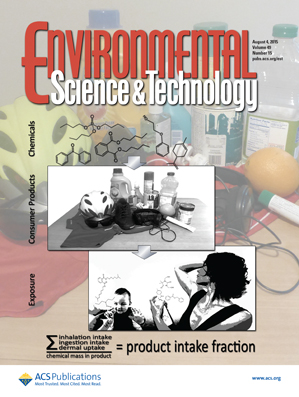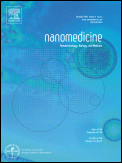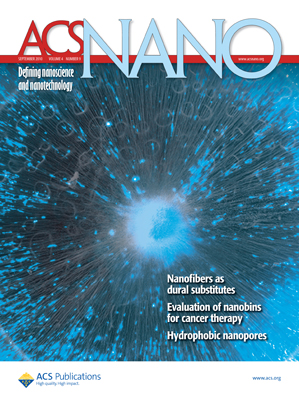
Label-Free Electrical Immunosensor for Highly Sensitive and Specific Detection of Microcystin-LR in Water Samples
Summary: Microcystin-LR (MCLR) is one of the most commonly detected and toxic cyclic heptapeptide cyanotoxins released by cyanobacterial blooms in surface waters, for which sensitive and specific detection methods are necessary to carry out its recognition and quantification. Here, we present a single-walled carbon nanotube (SWCNTs)-based label-free chemiresistive immunosensor for highly sensitive and specific detection of MCLR in different source waters. MCLR was initially immobilized on SWCNTs modified interdigitated electrode, followed by incubation with monoclonal anti-MCLR antibody. The competitive binding of MCLR in sample solutions induced departure of the antibody from the antibody–antigen complexes formed on SWCNTs, resulting in change in the conductivity between source and drain of the sensor. The displacement assay greatly improved the sensitivity of the sensor compared with direct immunoassay on the same device. The immunosensor exhibited a wide linear response to log value of MCLR concentration ranging from 1 to 1000 ng/L, with a detection limit of 0.6 ng/L. This method showed good reproducibility, stability and recovery. The proposed method provides a powerful tool for rapid and sensitive monitoring of MCLR in environmental samples.


